Women's Graduate Study at Lehigh
Lehigh believes in the importance of educating women, especially within graduate studies. Click below to see a artlce and a timeline of how women's education in gradute studies has evolved at Lehigh.
Lehigh Recognizes Notable Women Within Lehigh's Graduate Education
1920s
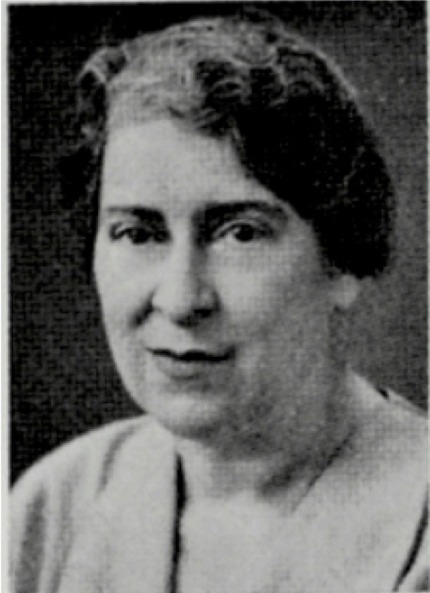
1930s
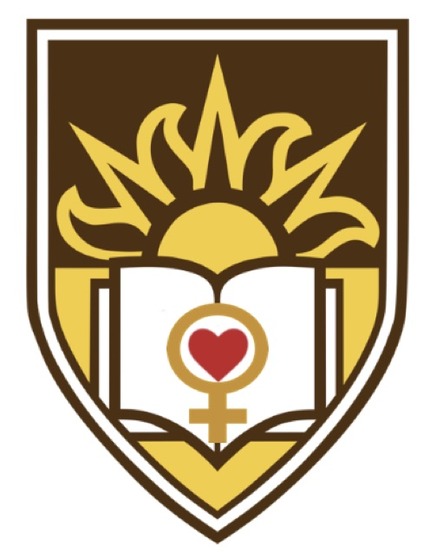
1940s
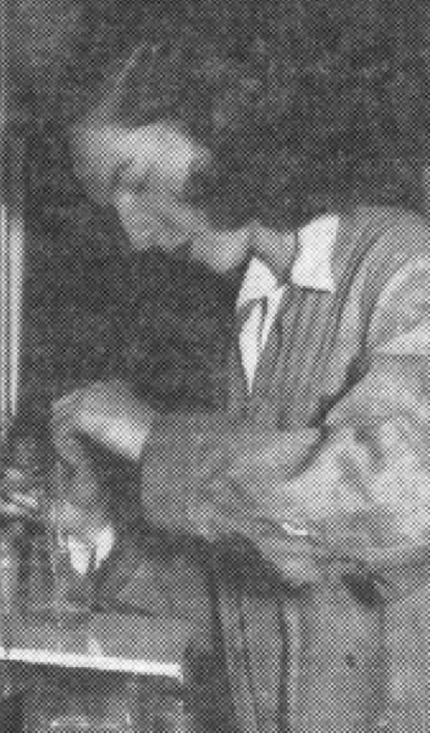
1950s
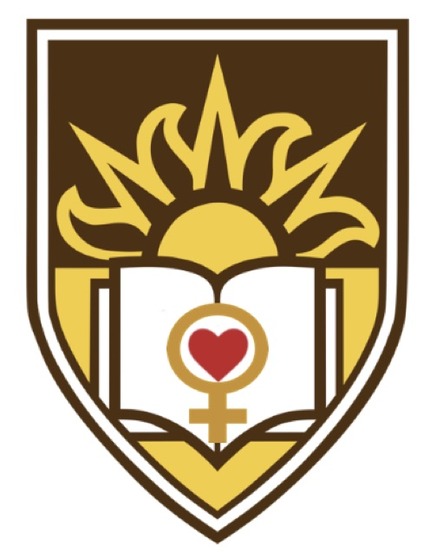
1960s
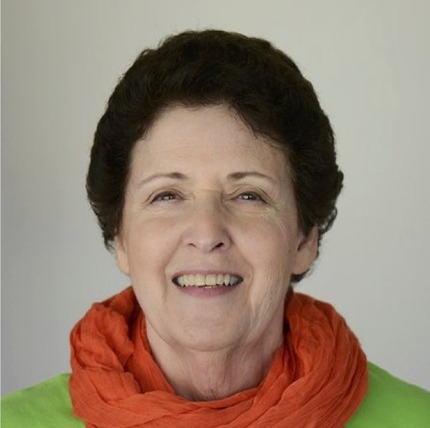
1970s
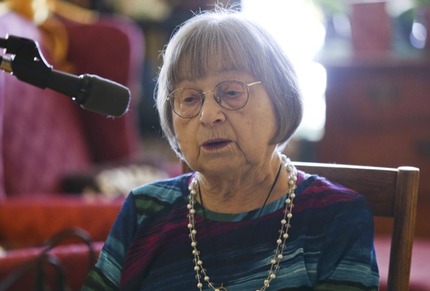
1980s
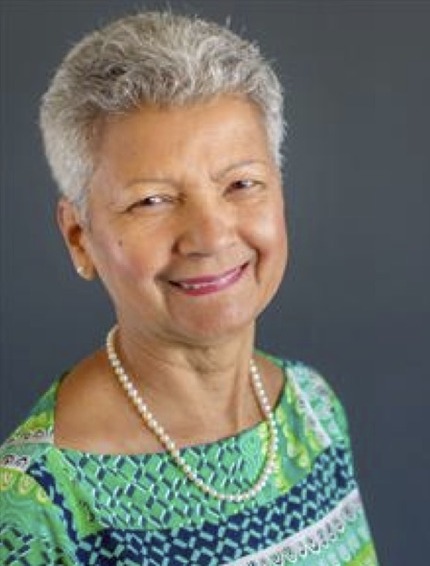
1990s
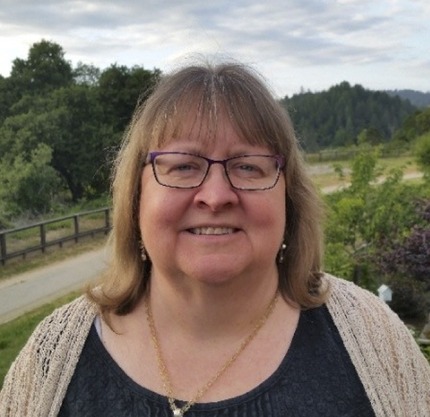
2000s
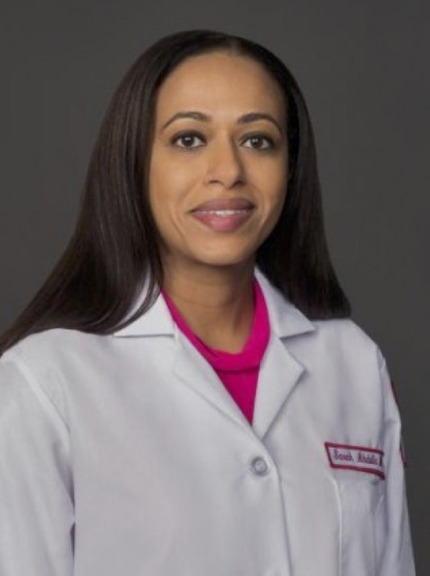
2010s
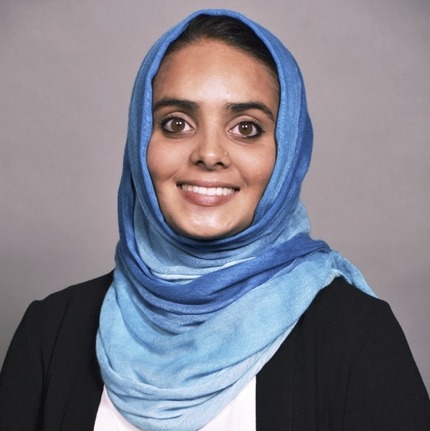
2020s
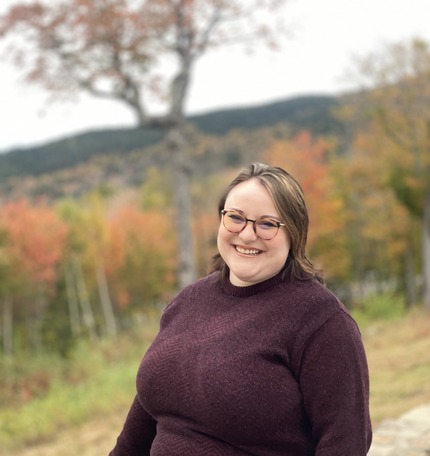
Dr. Caroline Ferguson, PhD in Bioengineering, 2023
Dr. Caroline Ferguson graduated from Lehigh with a degree in bioengineering in 2023. As a PhD student at Lehigh, Ferguson’s research was focused on developing a microfluidic on-chip electronic platform to look at the way diseases such as cancer and chronic fatigue syndrome manifest in single cells. Using an electrical method, the work focused on early detection and system development, which is paramount for diagnosis and eventual clinical usage. Machine learning was also incorporated within Ferguson’s research to develop new analytical methods for high feature electrical impedance data and classify individual cells within a larger population. Ferguson’s published works include Approaches to Design and Analysis of Electrical Impedance Systems for Single Cells Using Machine Learning and Single-Cell Classification Based on Population Nucleus Size Combining Microwave Impedance Spectroscopy and Machine Learning. Outside of research, founded the Bioengineering Graduate Student Association to help students in her department connect with the greater campus community. She also served for several years on the Graduate Student Senate as the communications officer and gave commencement remarks highlighting the necessity for mental health transparency and the role of community in creating a healthy mindset. Caroline continues to work in academic research and spreads this enthusiasm for physical and mental wellness in academia.
